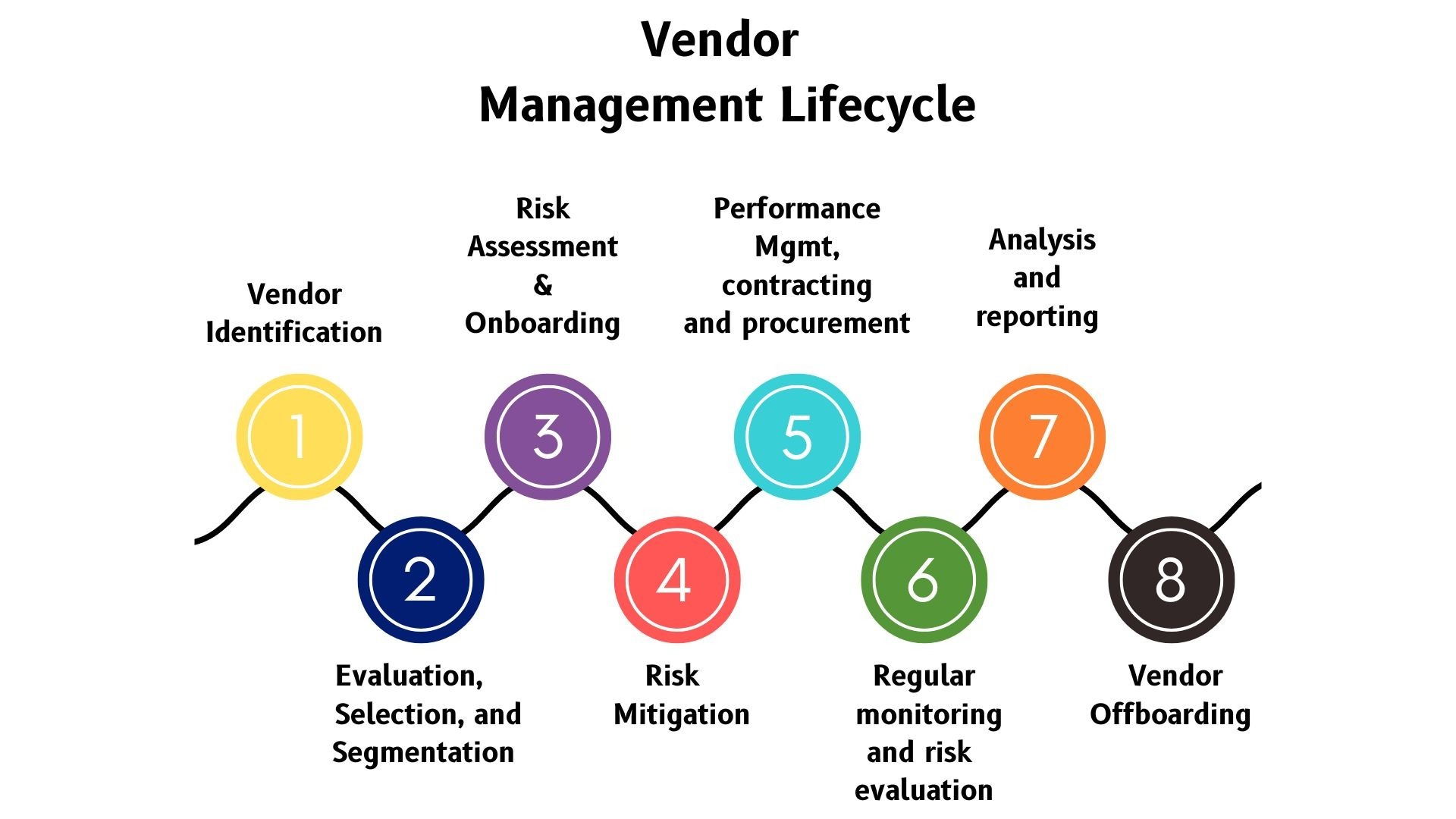Home>Finance>What Is A Vendor? Definition, Types, And Example


Finance
What Is A Vendor? Definition, Types, And Example
Published: February 16, 2024
Discover the definition, types, and real-world example of vendors in finance. Expand your knowledge on the crucial role vendors play in the finance industry.
(Many of the links in this article redirect to a specific reviewed product. Your purchase of these products through affiliate links helps to generate commission for LiveWell, at no extra cost. Learn more)
What Is a Vendor? Definition, Types, and Examples
Welcome to our finance blog where we explore various topics related to managing and growing your wealth. In today’s post, we will dive into the world of vendors and explain what they are, the types of vendors, and provide examples to help you gain a better understanding of this important concept in the business world.
Key Takeaways:
- A vendor is a person or entity that supplies goods or services to an individual or another business.
- There are different types of vendors, including product vendors, service vendors, and software vendors, each with their own specific roles and responsibilities.
Now, let’s explore the definition of a vendor and the different types that exist:
Definition of a Vendor
In simple terms, a vendor is a person or entity that supplies goods or services to an individual or another business. Vendors play a crucial role in various industries, acting as intermediaries between manufacturers or service providers and consumers or other businesses.
Types of Vendors
There are several types of vendors, each specializing in different areas. Here are the most common types:
- Product Vendors: These vendors focus on selling physical goods, such as clothing, electronics, or household items. They often work with manufacturers and wholesalers to source their merchandise and sell directly to consumers or other businesses.
- Service Vendors: Service vendors provide intangible services, such as accounting, marketing, IT support, or consulting. They offer their expertise to businesses or individuals in need of specific services and may operate on a project basis or through ongoing contracts.
- Software Vendors: Software vendors specialize in developing and selling software solutions to businesses or individuals. They create programs, applications, or platforms to address specific needs, such as customer relationship management, project management, or financial analysis.
- Independent Contractors: Although not strictly vendors, independent contractors are individuals who provide specialized services on a freelance basis. They operate independently, often offering their skills to multiple clients simultaneously.
Examples of Vendors
Here are a few examples to give you a better idea of vendors and their roles:
- A clothing retailer sourcing their products from various product vendors to stock their shelves.
- A small business hiring an IT service vendor to set up and maintain their computer systems.
- A software company selling their product to other businesses as a software vendor.
- A business owner hiring an independent contractor to design their company logo.
Vendors are an essential part of the business ecosystem, helping to bridge the gap between the production of goods or services and their consumers. Understanding the different types of vendors and their roles can be beneficial for businesses and individuals alike.
We hope this blog post has provided you with valuable insights into the world of vendors. If you have any further questions or would like us to explore a specific topic, feel free to reach out to us. Stay tuned for more finance-related posts!














